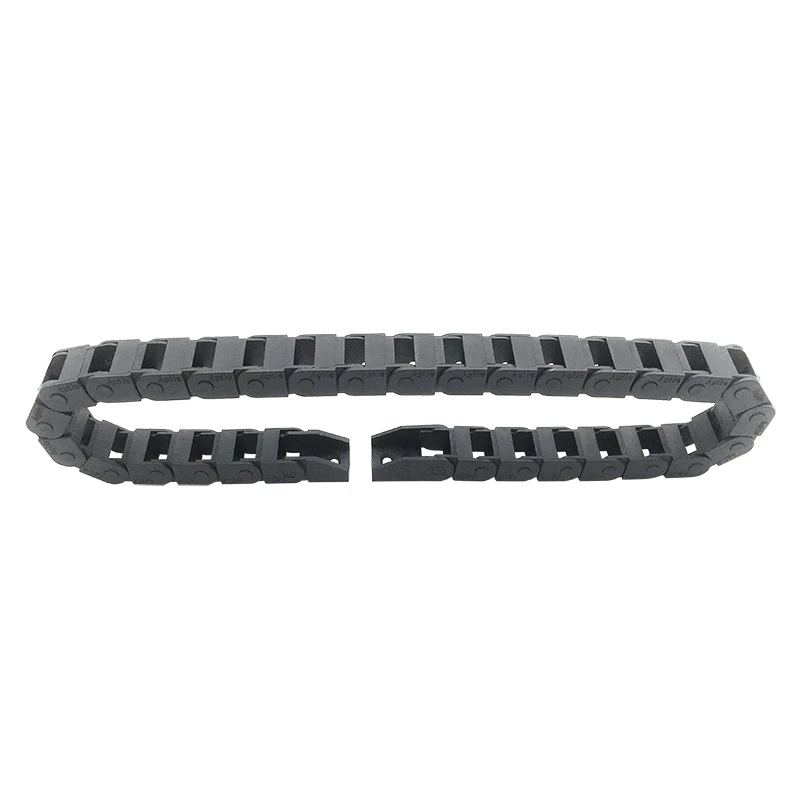Optimizing Electrical Cable Management with Innovative Cable Carrier Solutions
The Importance of Electrical Cable Carriers in Modern Industries
In today's rapidly evolving industrial landscape, the need for efficient management of electrical cables has become increasingly critical. Electrical cable carriers, often referred to as cable trays or cable management systems, play a pivotal role in ensuring the safe and organized routing of electrical cables. This article explores the various types and applications of electrical cable carriers and highlights their importance across different sectors.
What Are Electrical Cable Carriers?
Electrical cable carriers are structural assemblies designed to support and organize multiple electrical cables. These systems provide both physical protection for cables and the flexibility to accommodate changes in cable layouts that might arise over time. They can be found in various forms, including ladder-type, enclosed, and wire mesh carriers, each designed to meet specific application requirements.
Types of Electrical Cable Carriers
1. Ladder-type carriers These are among the most common types of cable carriers, characterized by their two longitudinal side rails connected by rungs, resembling a ladder. This design allows for excellent ventilation and easy access to cables, making maintenance straightforward.
2. Enclosed carriers These provide added protection by completely enclosing the cables. They are ideal for environments where dust, moisture, or physical damage could pose a risk to the cables.
3. Wire mesh carriers Composed of welded wire grids, these carriers are lightweight and offer good visibility for monitoring cable conditions. They are often used in applications requiring frequent access to the cables.
4. Cable trays Unlike carriers that are more focused on support and routing, cable trays can also provide additional features, such as grounding and support for heavy cables. These are typically used in industrial settings where high voltage or heavy-duty cables are common.
Applications Across Industries
Electrical cable carriers find applications in various sectors, each benefiting from their unique capabilities
- Manufacturing In manufacturing plants, a complex network of electrical systems is necessary for machinery operation and assembly lines. Cable carriers facilitate the organization of cables, reducing the risk of accidents and improving the efficiency of maintenance work.
electrical cable carrier

- Telecommunications The telecommunications industry relies heavily on a vast array of cables to facilitate communication networks. Electrical cable carriers help in managing these cables while ensuring ease of access for upgrades and repairs.
- Construction In construction sites, where temporary power is often required, cable carriers can help manage the logistics of electrical wiring. They ensure that cables are securely routed, reducing trip hazards and potential damage.
- Data Centers With the exponential growth of data usage, data centers require a structured approach to managing the plethora of cables connecting servers, routers, and other networking equipment. Electrical cable carriers help maintain order and facilitate efficient airflow within these facilities.
Advantages of Using Electrical Cable Carriers
1. Enhanced Safety By organizing cables and minimizing clutter, cable carriers reduce the likelihood of tripping hazards and accidental disconnects, creating safer working environments.
2. Ease of Maintenance Cables that are well-managed within carriers make inspection and maintenance significantly easier. This reduces downtime and extends the lifespan of the cables.
3. Flexibility Many cable carrier systems can be easily modified, allowing for scalability as business needs change. This flexibility is essential in dynamic industrial environments where expansion and reconfiguration are frequent.
4. Cost Efficiency By minimizing damage to cables and improving maintenance access, electrical cable carriers contribute to lower operational costs over time.
5. Aesthetic Appeal In environments where visual appeal is important, properly installed cable carriers can enhance the overall appearance of a workspace, showcasing a commitment to organization and professionalism.
Conclusion
Electrical cable carriers are an essential component of modern industrial infrastructure, providing safe, organized, and efficient management of cables. With their various types and applications, they cater to the specific needs of numerous sectors, ranging from manufacturing to data centers. As industries continue to evolve, the importance of these systems will only grow, making them a fundamental aspect of electrical management solutions worldwide. Embracing effective cable management strategies not only enhances operational efficiency but also contributes to a safer and more organized work environment.








